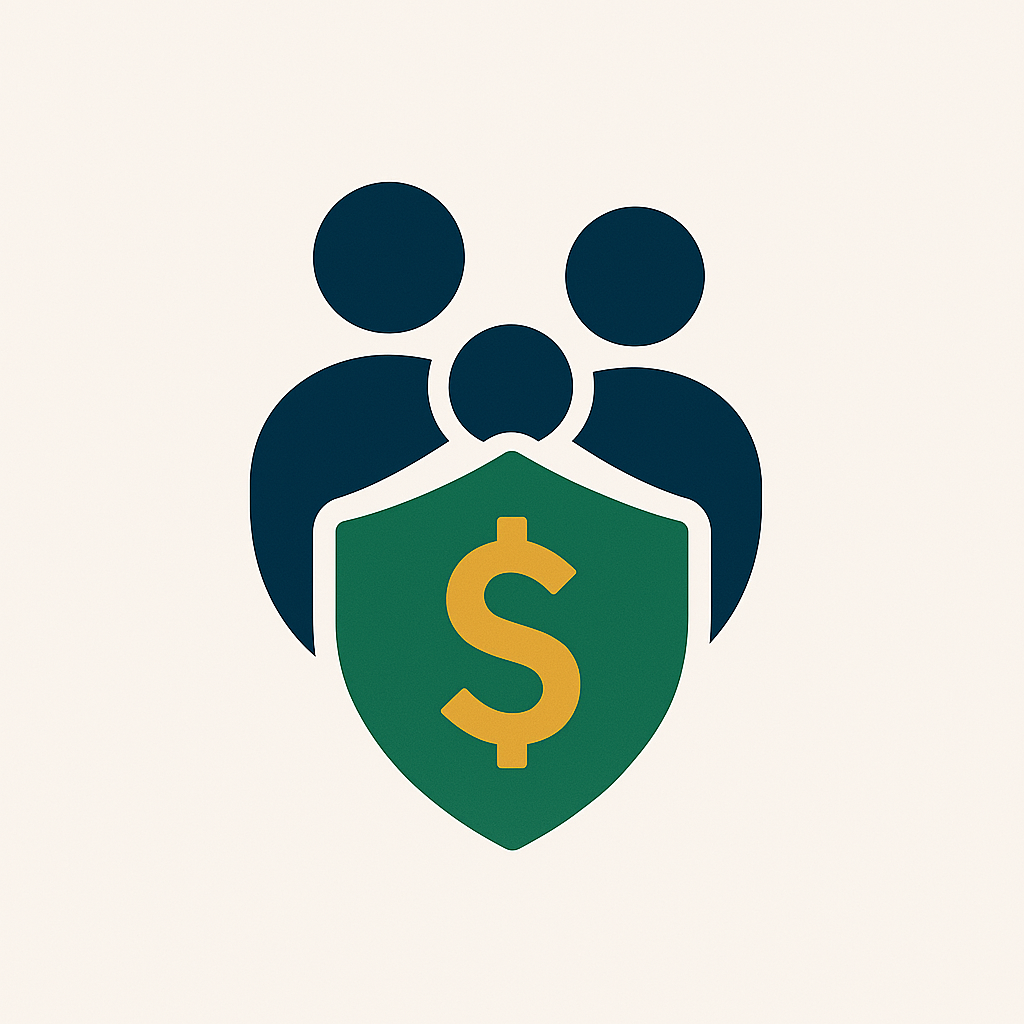10 Things To Stop Buying If You Want To Hit Your Financial Goals
Feeling overwhelmed by debt and the rising cost of living? It’s time to reevaluate your spending habits and prioritize building a solid financial future. While the world of consumerism may entice with its temptations, prioritizing a balanced and healthy approach to spending can help you achieve your financial goals and live a more financially secure life.
The Importance of Financial Planning
Financial planning lays the foundation for a secure and fulfilling future. It involves managing your income and expenses, investing your savings, and setting realistic savings goals. By taking control of your finances, you can break free from the cycle of debt and achieve financial independence.
10 Things to Avoid Buying
The allure of immediate gratification can be strong, but it’s crucial to resist impulse purchases. Here are 10 items that often drain your finances and hinder your financial progress:
1. Luxury subscriptions: Canceling unused subscriptions is a simple yet effective way to free up money.
2. Non-essential online shopping: Instead, invest in physical goods or experiences that align with your long-term goals.
3. Clothing and accessories: Prioritize affordable clothing options and avoid impulse purchases on trendy items.
4. Subscriptions for unnecessary services: Review your subscription boxes and cancel those you don’t actively use.
5. Impulse purchases: Learn to resist the urge to make unplanned purchases, even if it’s a seemingly good deal.
6. Gas and utility bills: Take advantage of energy-efficient practices and compare rates to find better deals.
7. Subscription boxes for everything: Canceling subscriptions for coffee, snacks, and other items can save you money and reduce waste.
8. Experiences over material possessions: Invest in once-in-a-lifetime experiences like travel or a class.
9. High-interest debt: Avoid taking on debt for unnecessary purchases, as it can snowball quickly.
10. Subscription boxes for children: Focus on education and entertainment options that foster learning and creativity.
Implementing a Financial Plan
Creating a financial plan is an essential first step to take control of your finances. It involves setting realistic goals, tracking your income and expenses, and identifying areas where you can cut back.
* Set financial goals: Determine what you want to achieve with your money and set specific, measurable, achievable, relevant, and time-bound (SMART) goals to work towards.
* Track your income and expenses: Use a budgeting app or spreadsheet to monitor your income and expenses and identify areas where you can save.
* Review your credit: Check your credit score and report any errors to ensure you’re not paying high interest rates.
* Seek professional help: Consider working with a financial advisor or counselor for personalized guidance and support.
Conclusion
Living within your means and achieving financial independence requires discipline, self-control, and a commitment to financial planning. By avoiding impulse purchases, managing your expenses effectively, and focusing on long-term investments, you can break free from financial constraints and build a secure future. Remember, small changes in your spending habits can lead to significant long-term financial benefits. Start your journey to financial freedom today!

Leave a Reply